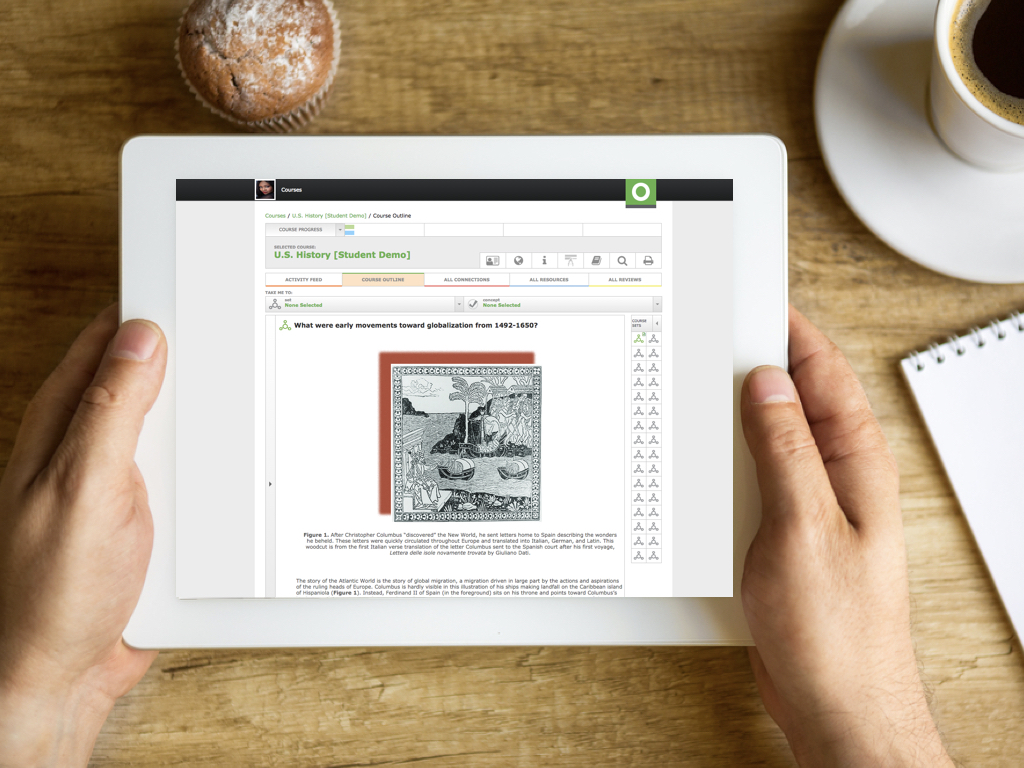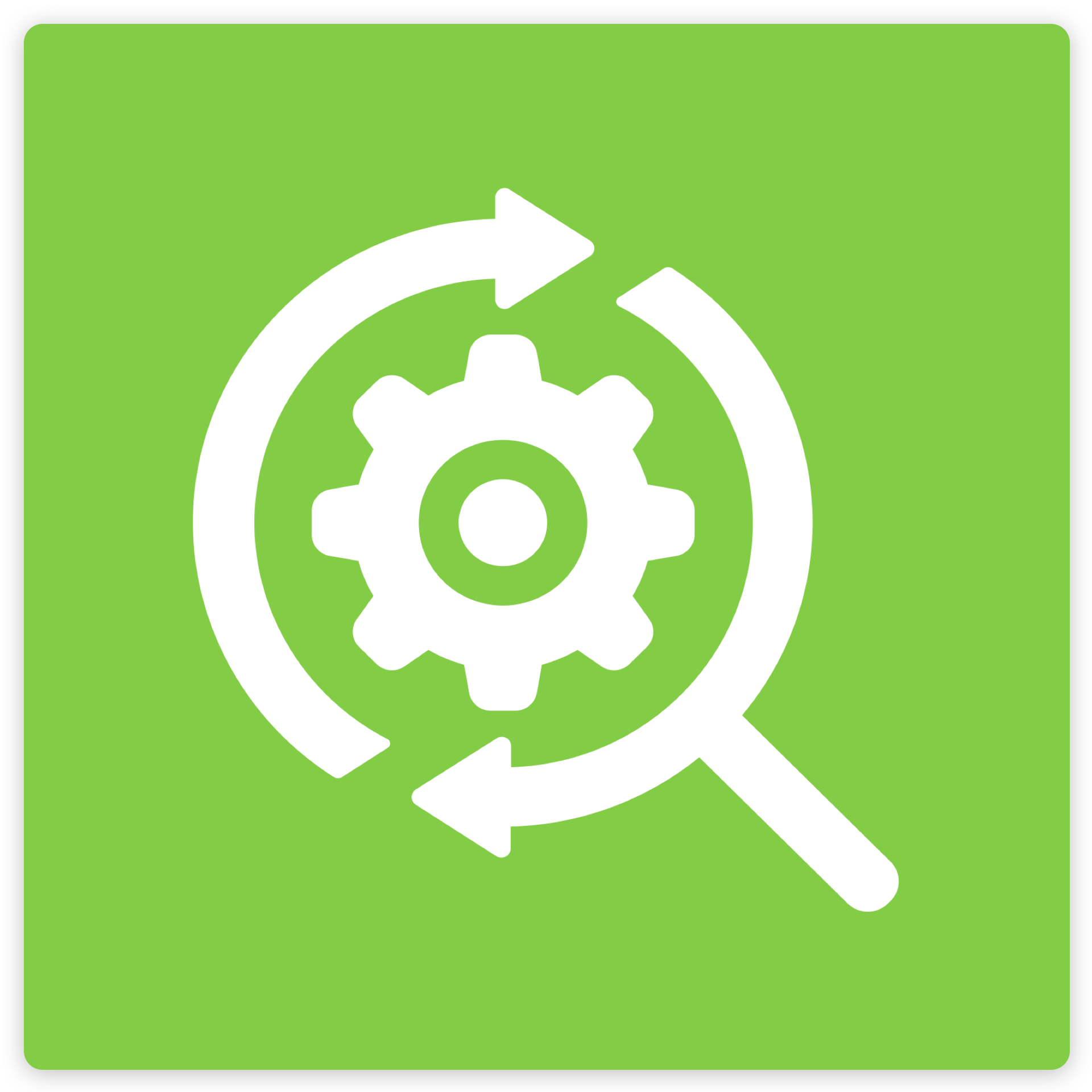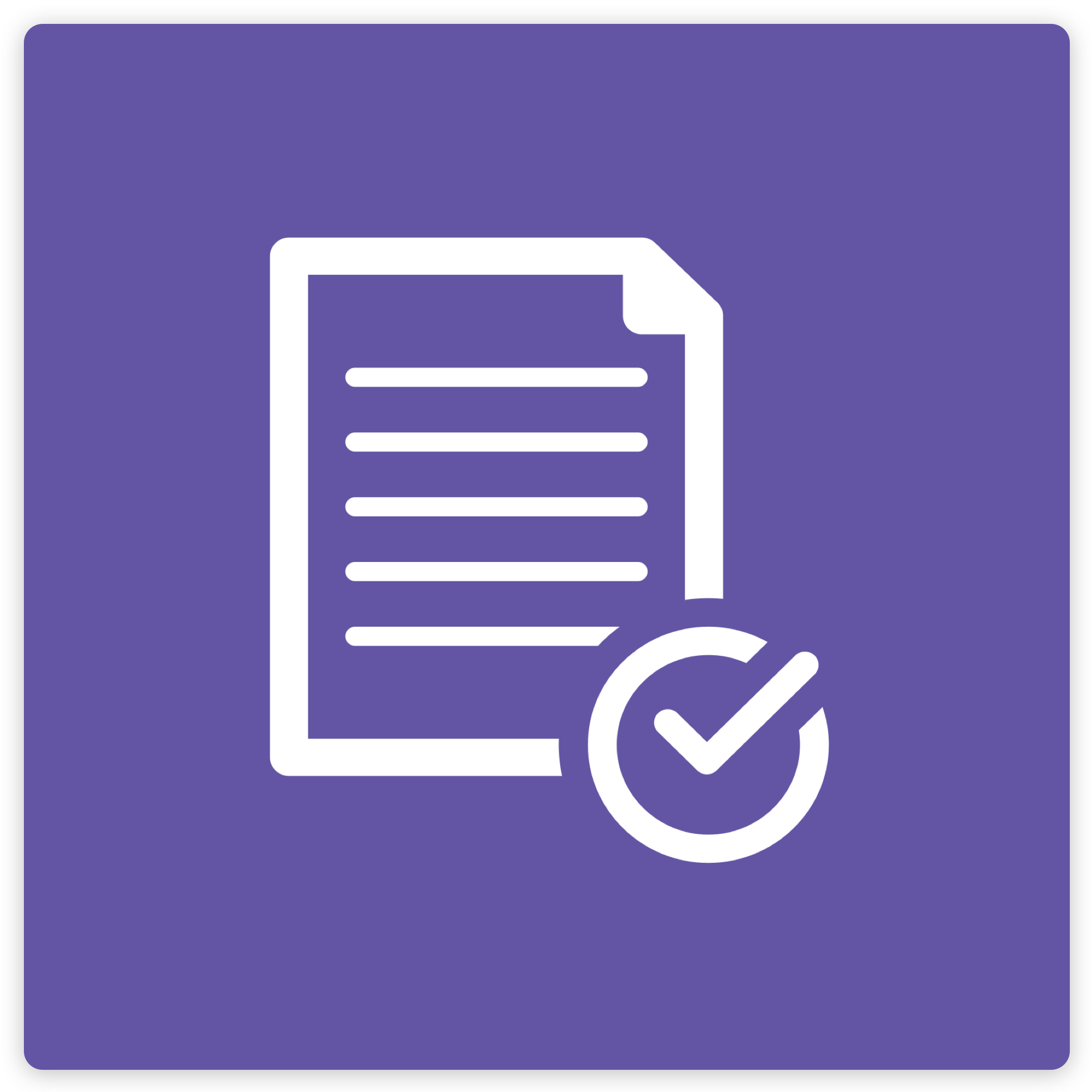
College Composition and Research
The comprehensive contents from this book, combined with Odigia’s Teaching and Learning Tools have everything you need to engage, collaborate, track and assess your students.
Helping Teachers Do What They Do Best: Teach

Customize
Use our courses as is or easily customize them to fit your teaching style and the needs of your students. You can add your favorite resources, hide and show our existing content and pre-built assessments, or make them your own. Everything your students need, in one place!

Engage and Collaborate
Odigia combines learning materials, discussions, and tools to create a familiar social experience for students allowing you to easily connect and redirect students attention.

Track
See how much time students are spending on different areas of the course, which areas are creating the most amount of engagement and identify topics the students are struggling with. Flag and provide feedback on assignments to proactively meet individual students' needs.

Assess
Game theory allows students to monitor their progress visually and motivates them to stay on track. Students can see exactly what activities they need to complete, which ones have been flagged and compare their progress against the overall class.
College Composition and Research Outline
Plagiarism
Poetry Basics
- Poetry Basics
- Video: Poetry Introduction
Short Story
- Drama
- Theme
- Character
- Tone
- Voice
- Narrative Devices
- Definition of a Short Story
Drama
- Definition of Drama
Plot
- Exposition
- Rising Action
- Climax
- Falling Action
- Resolution
Compiling an Annotate Bibliography
- What is an Annotated Bibliography
- Tips on Writing an Annotated Bibliography
Revision
- Revision
- Video: Importance of Revision
- Video: Ways to Approach Revising an Academic Paper
- Video: What to do after Revising
- Video: How Reading Out Loud Helps with Revision
- Video: How Revising and Editing are Different
MLA Formatting
- MLA Basics
- MLA Formatting Example
- Video: How to Set up an MLA Formatted Paper
- Video: How to Set Up a Works Cited Page in MLA Formatting
Logical Fallacies
- Logical Fallacies
Writing an Argumentative Research Paper
- Topic Selection
- Preliminary Research
- Evaluating Sources for Credibility
- Organizing, Drafting, and Polishing
- Incorporating Sources
Writing a Research Paper using Literary Analysis
- Purpose of Literary Analysis
- Choosing Topics, Developing Themes
- Research for a Literary Analysis
Theme
- Understanding Theme
Narrative Devices
- Definition of Narrative Devices and Link for Literacy Term Definition
Point of View
- Point of View
- Video: Types of Point of View
- Video: Finding and Fixing Second Person Point of View
Character
- Types of Characters
Tone/Mood/Atmosphere
- Differences of Tone/Mood/Atmosphere
Voice
- Definition of Voice
Rhetorical Appeals
- Rhetorical Appeals
About the book
College Composition and Research

College Composition and Research is a course in writing argumentative and analytical essays informed by research.
About the authors:
Senior Contributing Authors
Natalie Hill, Shaw University
